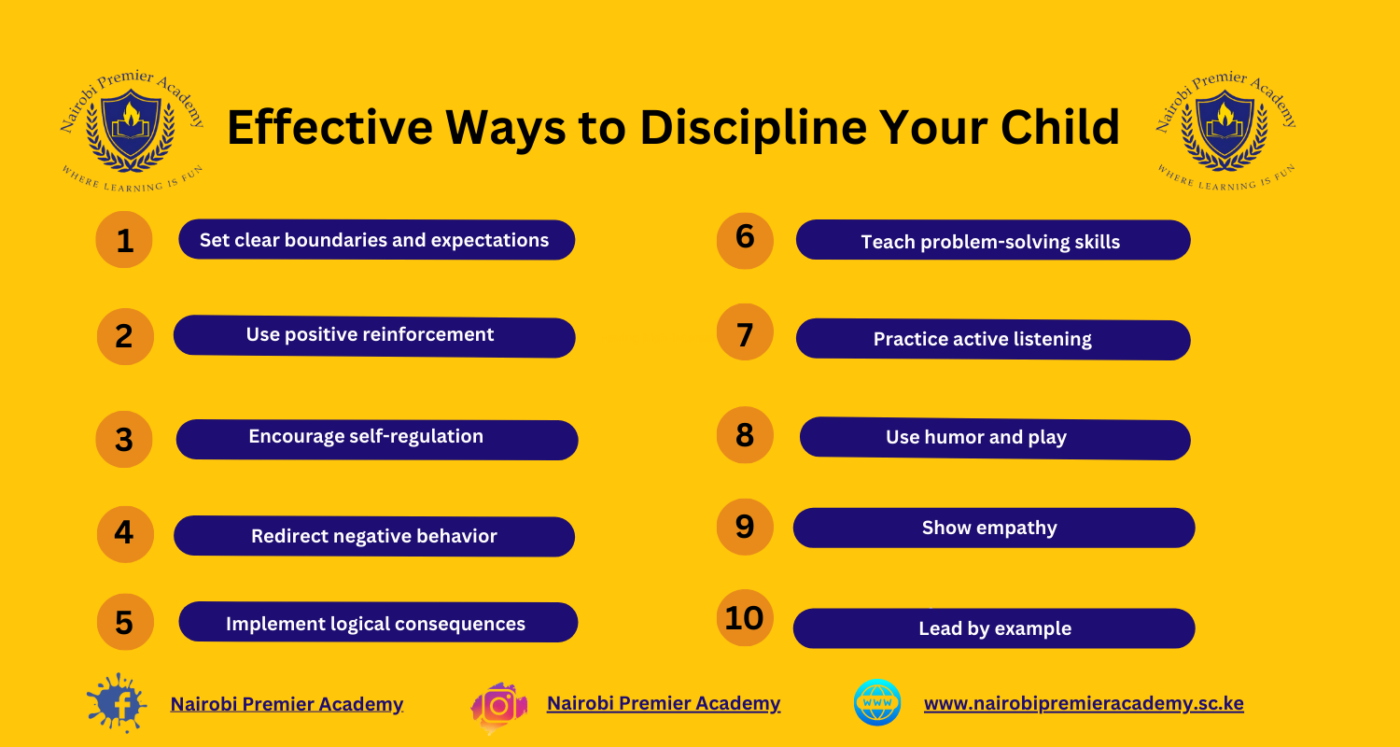10 Effective Ways to Discipline Your Child for a Bright Future
As responsible parents, our goal is to raise responsible, respectful, and well-behaved children. Positive discipline plays a vital role in the parenting process, and it’s crucial to make sure our discipline methods are effective and positive. Physical punishment like caning not only harms a child’s physical and emotional well-being, but also fails to teach them the right values and behaviors.
So, what is positive discipline, and how can we implement it in shaping our child’s development? Here are 10 effective ways to positively discipline your child:

- Establish clear boundaries and expectations: Children need to understand what is expected of them and the consequences of their actions. Ensure consistent rules and discipline and avoid changing the rules in the middle.
- Use positive reinforcement: Reinforcing good behavior is a powerful way to encourage children to repeat it. Use rewards like a hug, high-five, or a special treat to reinforce positive behavior.
- Encourage self-regulation: As children grow, they need to learn how to regulate their own behavior and emotions. Teach them to take a time-out when they’re upset and use deep breathing and mindfulness techniques to help them calm down.
- Redirect negative behavior: Instead of punishing your child for misbehavior, redirect their energy and attention towards a positive activity. For instance, take them for a walk or engage them in a new activity to distract them from negative behavior.
- Implement logical consequences: Consequences are an effective way to teach children that actions have consequences. Ensure that the consequences are age-appropriate and logical, and avoid using punishment as a form of discipline.
- Teach problem-solving skills: Teach children how to solve problems and make decisions on their own. Encourage them to think about their actions and the consequences that follow.
- Practice active listening: Encourage children to express their feelings and thoughts, and listen to what they have to say. Validate their emotions to build trust and respect between you and your child.
- Use humor and play: Play and humor are great ways to diffuse tense situations and teach children in a lighthearted way. Use play to teach important life lessons and encourage children to have fun while learning.
- Show empathy: Empathy is a critical part of positive discipline. Teach children to put themselves in someone else’s shoes and understand their feelings. This will help them build strong relationships and avoid conflicts.
- Lead by example: Children learn from what they see, so be a role model for your child. Show them how to behave and treat others with respect, and they will follow your lead.
In conclusion, positive discipline is a crucial aspect of the parenting process, and it’s essential to ensure that our methods of discipline are positive and effective. By using these 10 ways of positive discipline, you’ll help your child grow into responsible, respectful, and well-behaved individuals. This will not only benefit your child but also strengthen the bond between you and your child and build a foundation of trust and respect.

An interesting discussion is definitely worth comment. I do believe that you should publish more about this subject, it may not be a taboo matter but typically people dont discuss these subjects. To the next! Many thanks!!
We will definitely purpose to delve deeper into the conversation. Thank you for your feedback. *MNN
You need to take part in a contest for one of the highest quality sites online. Im going to highly recommend this site!
What resources or support systems are available to parents who want to learn more about effective and positive discipline methods?